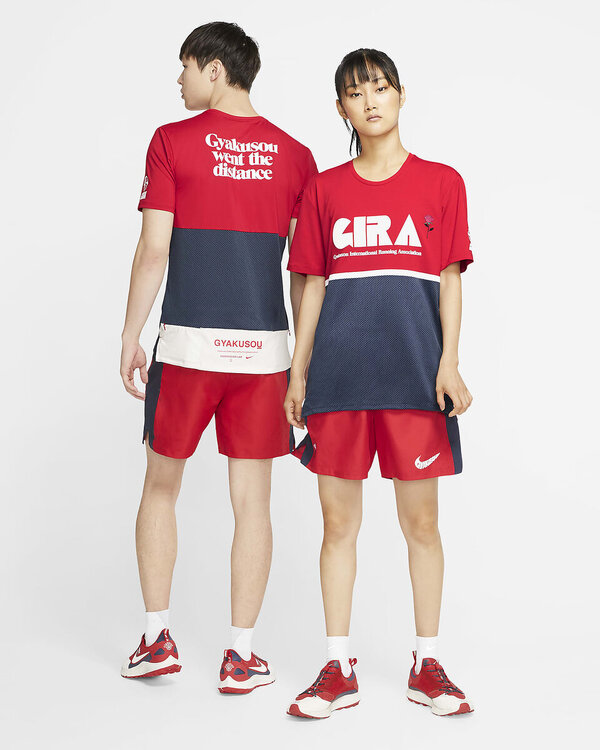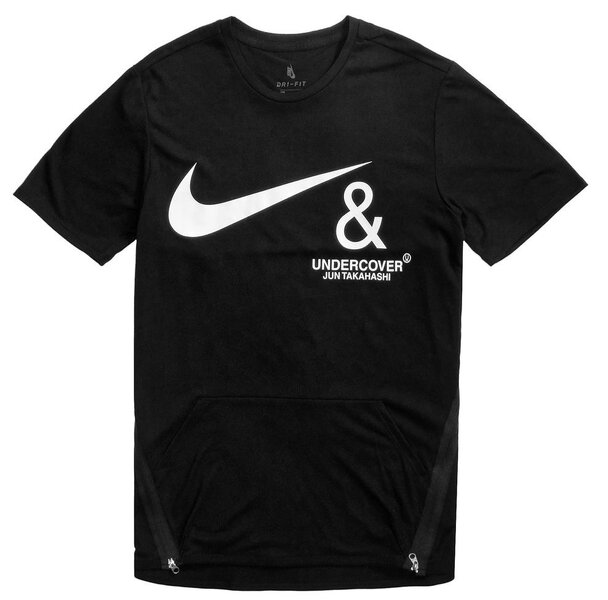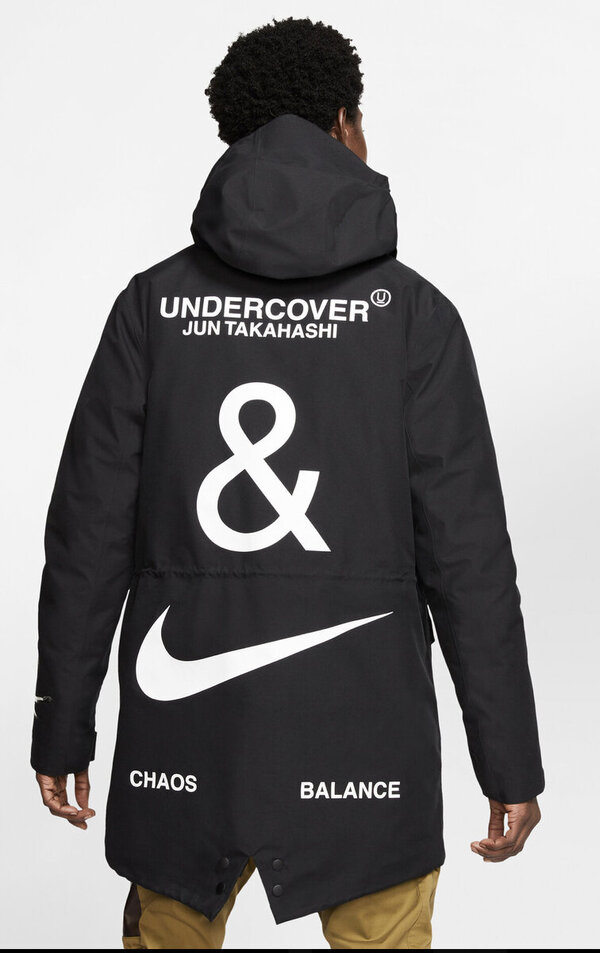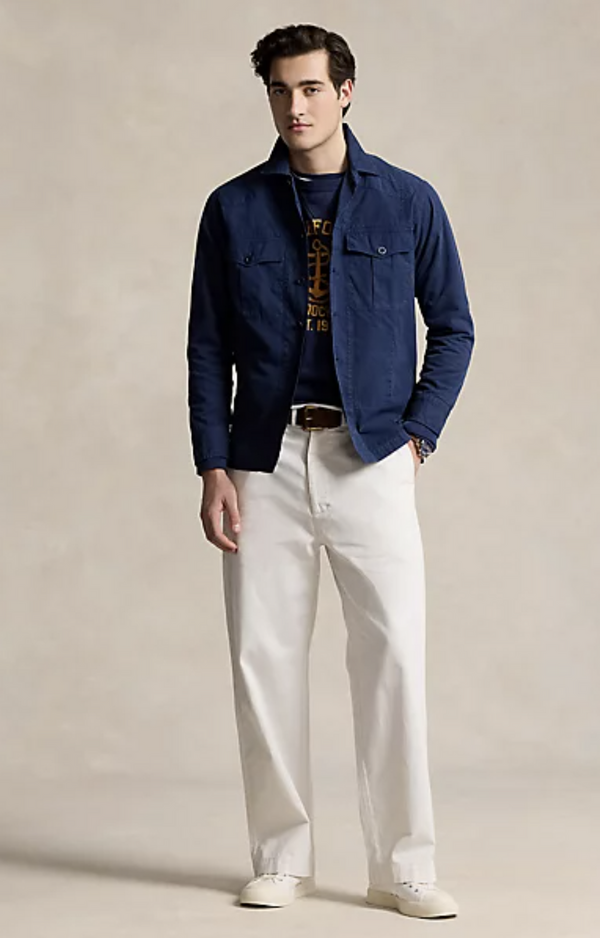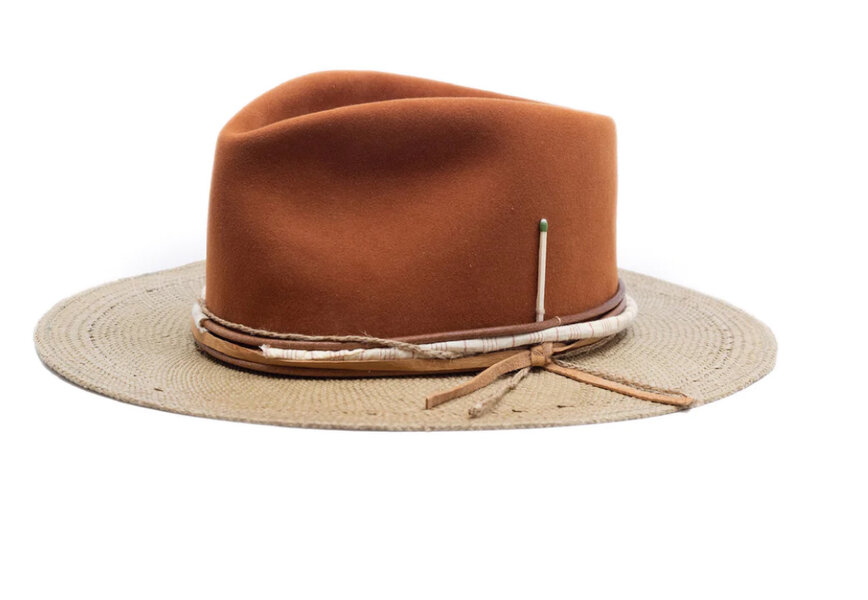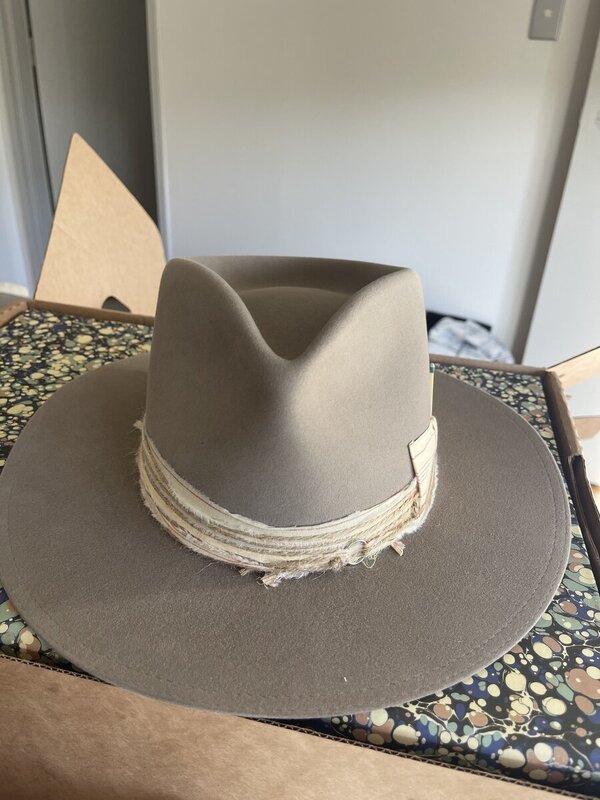- Joined
- Mar 8, 2002
- Messages
- 57,517
- Reaction score
- 36,347
That was what my takeaway was as well. It's been said before, but I think that it bears restating, that a lot of people, and men, in particular, have this subconscious association of handiwork -> quality -> longevity/durability, whereas the relationships between A, B, and C is not nearly as simple or linear.I may be reading him wrong, but my takeaway from his two posts (the other being his Hanes vs. Rick Owens comparison) is that, when you're buying high-end clothing, you're paying more for a look than notions of quality. I think when people start dropping a lot of money on clothes, they get overly hung up on ideas about quality and they want to know what's "best." But his posts are basically saying: you're paying for much more abstract ideas, such as aesthetic, provenance, sustainability, branding, etc.
To me, that's so much more level headed and sensible. It's less about whether a reader likes or dislikes a look, and more about getting them to think about clothes more in terms of aesthetics than engineering.
My point was not so much about that, but on a tangent, that I think that the problem with comparing an entire outfit that is not fairly generic with one that is, that you unfairly disadvantage the more conceptual outfit, since it ties you to a very specific notion of how those particular garments ought to be styled.
Re. "Quality" and construction. I think that clothes ought to be adequately made. Sometimes the construction is part of the aesthetic, whether it be a leather jacket that is advertised to be bombproof, with ridiculously heavy leather stitched together with ridiculously high gauge thread, or a 100Hands shirt that has really nice, but uncompletely unncessary, fine handiwork, or leather belt with a buckle hammered out of ingot silver (basically, a few Southwestern artists and a handful of "artisanal" mostly Italian designers) and stitching a la mode of a 7 year old.
However, it seems that unless intentional decay and destruction is part of the concept, that the item ought to have a minimum acceptable level of construction quality. I've seen some pretty egregious examples where an "artisan", often self-taught, has simply used a thread that was too heavy for the material, causing the material to fail, or a garment shredding because there was inadequate clearance from the hem, and other things that would be difficult to attribute to an aesthetical consideration.









